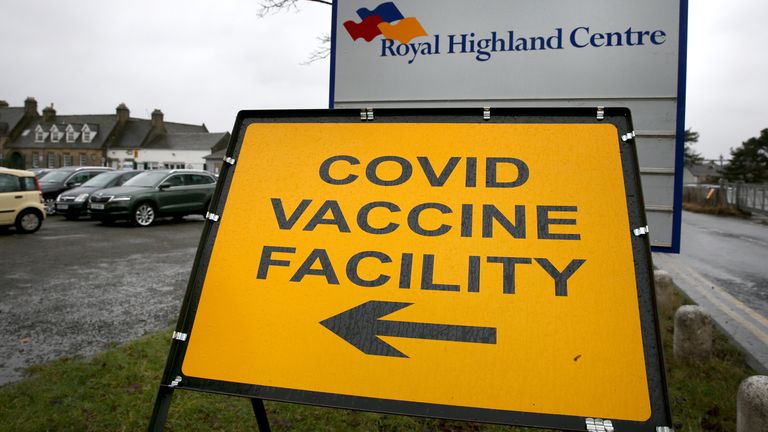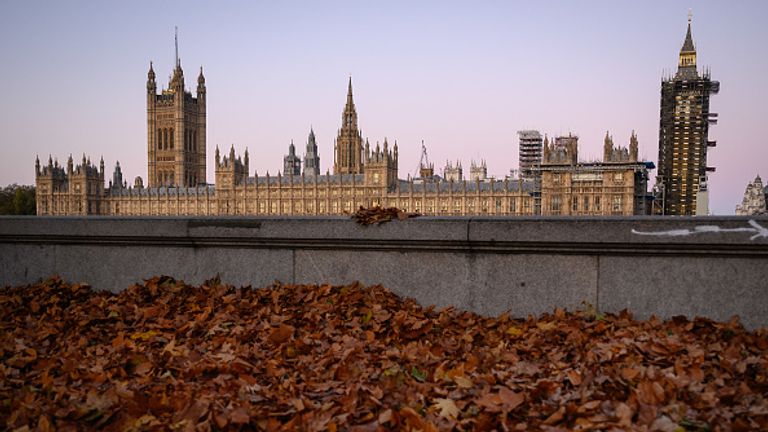A lack of planning could affect the next phase of the coronavirus vaccine rollout, MPs have warned.
The Commons Public Accounts Committee (PAC) praised the “world-beating” effort to get the jab to the most vulnerable, but said there is “much to be done” if the UK government is to hit its next target.
Ministers are aiming to offer a jab to about 15 million people in the top four priority groups by 15 February, then a further 17.7 million people in the next five groups – including all over-50s – by the end of April.
But a new report by the PAC said: “We are concerned by departments’ lack of planning for the next phase of the programme and in learning the lessons from what has already been done that will be so vital to the programme’s success.”
Despite confidence that the UK has access to more than enough doses, the committee said there were “concerns” over the supply chain.
It urged ministers to ensure plans are in place to respond to potential future developments such as the need for an annual vaccination programme, or the discovery of new variants of the virus.
Earlier, both the Scottish and Welsh devolved administrations said they expected a slight drop in the number of vaccines – but added that the move was “planned” and “factored” in already.
The committee said the government will continue to face “significant challenges” in ensuring it gets the jab to “the right people at the right time”, particularly given the different handling requirements of the Pfizer and AstraZeneca vaccines.
There is a risk that its plans for the programme “will not meet public expectations”, the committee said as it stressed the need for clear messaging.
“Government has at times struggled to communicate clearly to the public about what they can expect from the vaccine programme, otherwise it risks confusion about who will be able to access the vaccine, how and when,” MPs said.
“With misinformation about vaccines being circulated on various digital platforms, clear communication from government is particularly important to maintain public confidence and take-up.”
The committee said there was a “strong case” for looking again at which groups should be prioritised after the most vulnerable have been vaccinated – especially frontline key workers who are more exposed to community transmission of the virus.
A government spokesperson said: “This report rightly recognises the huge effort under way to deliver the biggest vaccination programme in NHS history, with over 13.5 million people given their first dose so far.
“The government is confident the regular supply of doses we have secured for the UK will support the continued expansion of our rollout in the weeks ahead.
“We continue to work with Public Health England and our exceptional scientists to tackle the variants currently in the UK and to make sure we are ready to respond to new variants in the future if needed.
“And through the NHS, community leaders and faith groups we are working to tackle misinformation and raise awareness of the facts about vaccines.”


